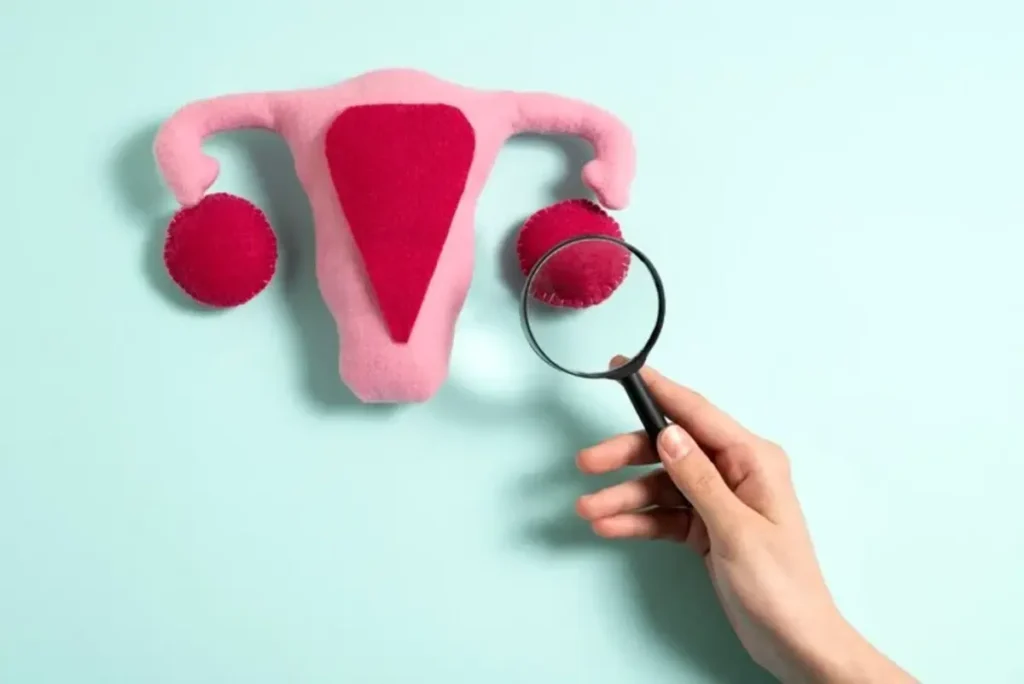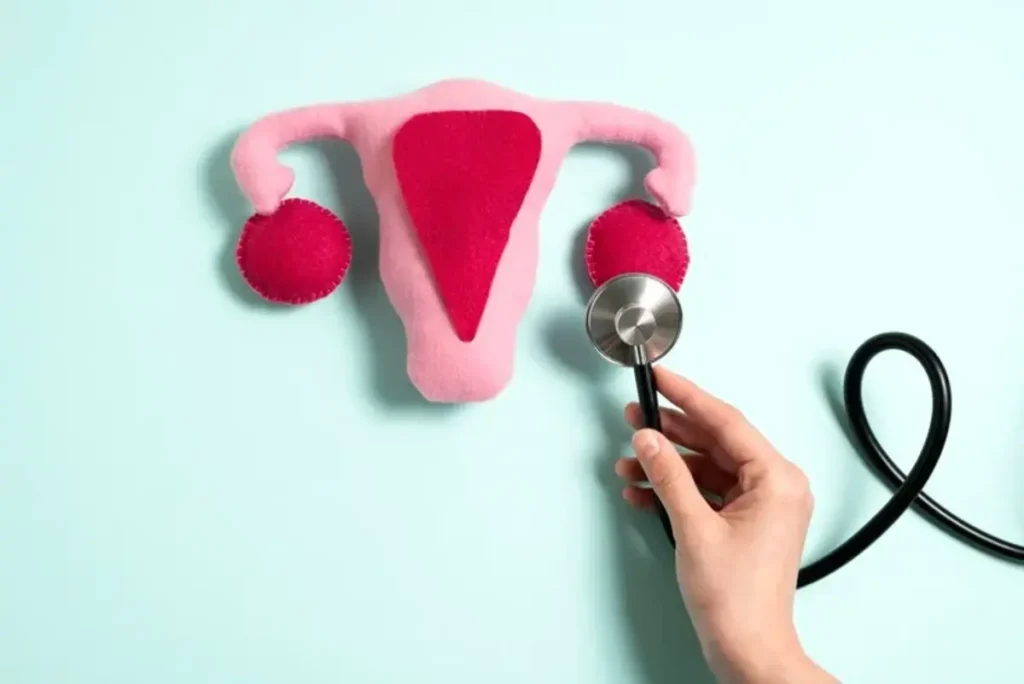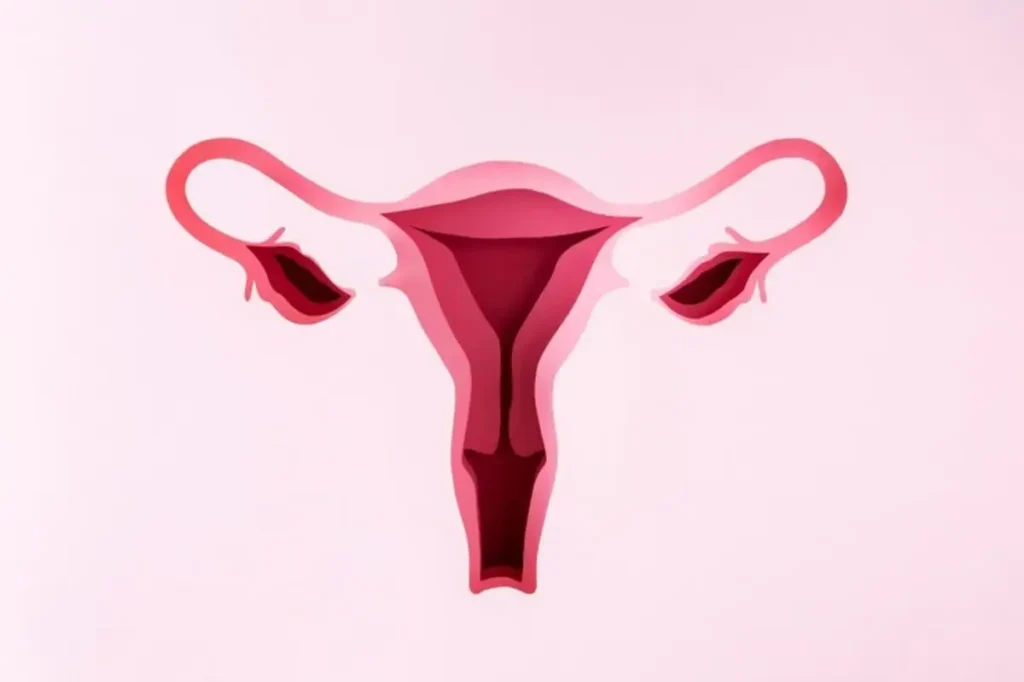-
Ganesh Talkies, Kolkata
Ganesh Talkies, Kolkata

Discover essential tips for hysterectomy recovery to ensure a smooth and healthy healing process. Learn expert advice from one of the best lady gynecologists in Kolkata.

Undergoing a hysterectomy is a major life event for many women. Whether it’s performed to manage chronic conditions, address reproductive health concerns, or alleviate severe pain, this surgical procedure marks a significant step toward better health and well-being. However, recovery from a hysterectomy requires careful attention to both physical and emotional healing.
While the surgery itself addresses medical issues, the recovery process determines how smoothly you regain your strength and adjust to the changes. Let’s explore the best tips for hysterectomy recovery to help you navigate this important phase of your health journey.
A hysterectomy is a surgical procedure to remove the uterus. Depending on the medical condition, the surgery may also involve removing the ovaries, fallopian tubes, and cervix. This procedure can be classified into different types:
The recovery process varies based on the type of hysterectomy performed, but with proper care, most women can resume normal activities within a few weeks.
Recovery after a hysterectomy is not just about physical healing. It involves emotional adjustment, hormonal changes, and lifestyle modifications. Proper recovery is essential to:
By following structured recovery tips, you can ensure a smoother transition into this new phase of life.

Rest is the cornerstone of recovery. After surgery, your body needs time to repair itself.
Proper nutrition supports faster healing and boosts energy levels.
While rest is crucial, light movement is equally important to prevent blood clots and improve circulation.
Pain management is essential for a comfortable recovery.
Keeping the surgical site clean and dry is essential to prevent infections.
A hysterectomy can lead to emotional changes, especially if it results in hormonal shifts or marks the end of fertility.
Regular follow-ups with your doctor are vital for a smooth recovery.
If your ovaries were removed during the hysterectomy, your body might experience sudden menopause. Symptoms can include hot flashes, mood swings, and decreased bone density. To manage these changes:

Full recovery usually takes about 6-8 weeks, although this may vary depending on the type of surgery and individual health conditions.
You can typically return to light work after 4-6 weeks, but it’s best to consult your doctor for personalized advice based on your progress.
Yes, but start with light activities like walking and gradually move to more strenuous exercises as recommended by your gynecologist.
If your ovaries were removed, you’ll experience menopause. Hormone Replacement Therapy (HRT) may help manage the symptoms.
Recovery is a sensitive phase that demands expert guidance. Consulting an experienced professional ensures your healing process is monitored effectively, and potential issues are addressed promptly.
Dr. Megha Khanna, recognized as the best lady gynecologist, provides compassionate care and personalized advice to support women throughout their recovery journey. Her expertise makes the difference between a standard recovery and a truly empowering one.
Recovering from a hysterectomy involves balancing physical rest with emotional resilience and proper self-care. By following these tips for hysterectomy recovery, you can make this transition smoother and more manageable.
If you’re navigating this journey, remember that support is available. With guidance from experts like Dr. Megha Khanna, the best lady gynecologist in Kolkata, you can ensure a holistic recovery that addresses all aspects of your health. Listen to your body, prioritize your needs, and give yourself the care and patience you deserve.